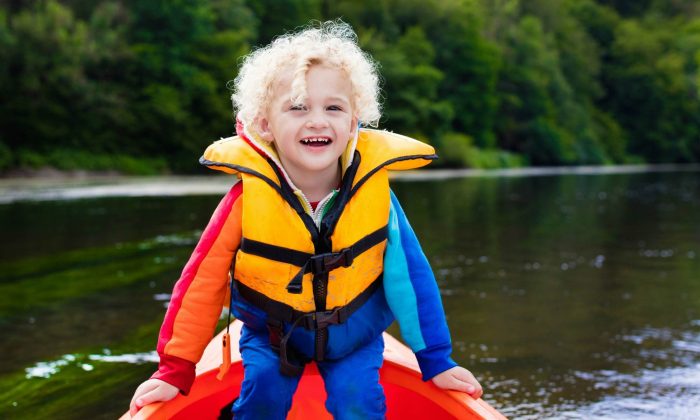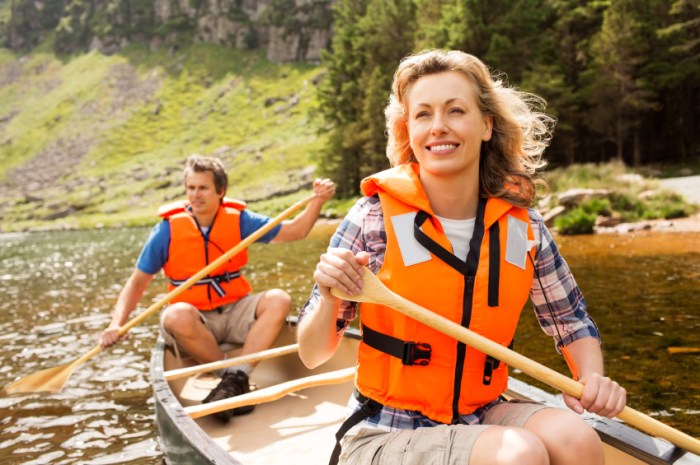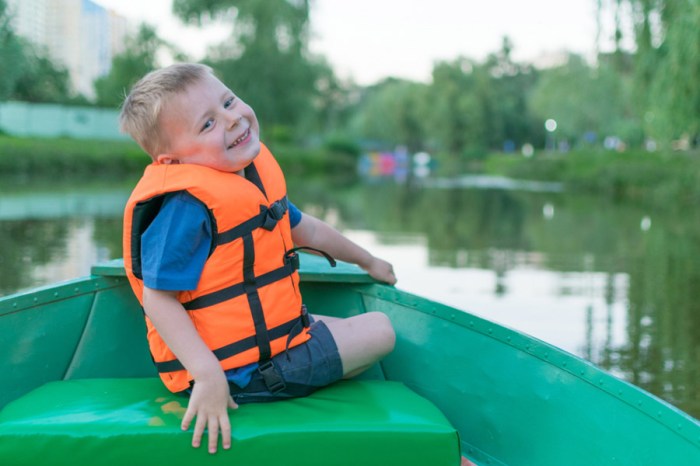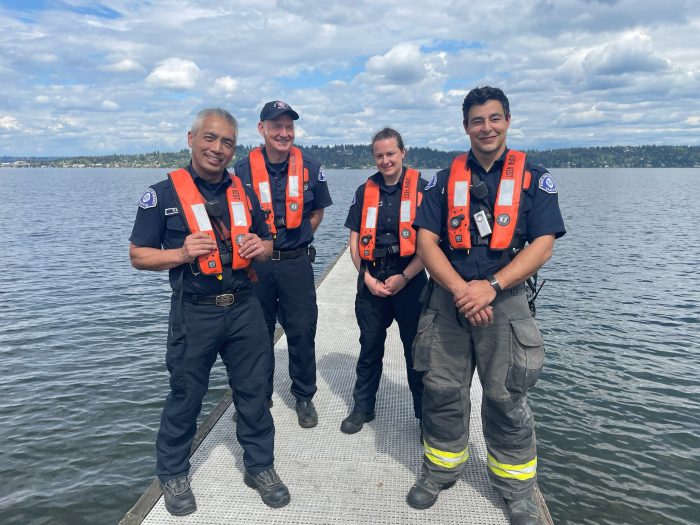Which practice reduces the risk of a boating emergency sets the stage for this enthralling narrative, offering readers a glimpse into a story that is rich in detail and brimming with originality from the outset. As we delve deeper into this captivating subject, we will explore the intricacies of safe boating practices, unravel the importance of weather awareness, and emphasize the significance of emergency preparedness.
Join us on this maritime adventure as we navigate the waters of boating safety, ensuring a smooth and unforgettable journey for all.
Understanding the risk factors associated with boating is paramount to mitigating potential emergencies. Common causes such as inclement weather, inadequate boat maintenance, and lack of operator experience will be thoroughly examined. Moreover, the discussion will delve into the role of life jackets, responsible boating behavior, and the importance of monitoring weather forecasts.
Understanding Risk Factors

Understanding the factors that contribute to boating emergencies is crucial for mitigating risks. Common causes include:
- Operator inexperience or lack of training
- Excessive speed or reckless operation
- Alcohol or drug impairment
- Overloading or improper weight distribution
- Unforeseen weather conditions
- Mechanical failures or equipment malfunctions
Certain factors can increase the risk of emergencies, such as:
- Weather conditions:Storms, high winds, and rough seas can create hazardous situations.
- Boat type:Small or unstable boats are more susceptible to capsizing or swamping.
- Operator experience:Inexperienced operators may not be able to handle unexpected situations.
Safe Boating Practices
Adhering to safe boating practices significantly reduces the likelihood of emergencies. These include:
- Proper boat maintenance and inspection:Regularly checking and servicing the boat ensures it is in good working condition.
- Life jackets and safety equipment:Wearing life jackets and having safety equipment, such as fire extinguishers and flares, is essential for emergencies.
- Responsible boating behavior:Observing speed limits, avoiding alcohol consumption, and being aware of surroundings minimizes risks.
Weather Awareness

Monitoring weather forecasts and understanding weather patterns is crucial for safe boating:
- Weather forecasts:Staying informed about weather conditions helps avoid venturing out during hazardous weather.
- Weather patterns:Knowing local weather patterns allows boaters to anticipate and respond to changing conditions.
- Recognizing hazardous weather:Understanding the signs of storms, high winds, and other hazardous weather helps boaters take appropriate action.
Emergency Preparedness
Being prepared for emergencies can save lives:
- Emergency plan:Having a plan for what to do in case of an emergency provides guidance and reduces panic.
- Communication devices:Carrying a VHF radio, cell phone, or other communication device allows boaters to call for help.
- Emergency kit:Assembling an emergency kit with essential supplies, such as first aid, flares, and water, ensures readiness for emergencies.
- Contacting help:Knowing how to contact the Coast Guard or other emergency services is crucial.
Education and Training

Boating safety courses and certifications enhance knowledge and skills:
- Benefits of training:Training programs teach boaters proper operation, safety procedures, and emergency response techniques.
- Finding training programs:Boating organizations, such as the U.S. Coast Guard Auxiliary, offer training programs.
- Role of boating organizations:Boating organizations promote safety education and provide resources for boaters.
Legal Requirements and Enforcement

Boating safety is governed by legal requirements and enforcement:
- Registration and licensing:Boats must be registered and operators may need a license depending on the vessel’s size and type.
- Equipment requirements:Boats must have certain safety equipment, such as life jackets and fire extinguishers, as per regulations.
- Enforcement:Law enforcement agencies, such as the Coast Guard, patrol waterways to enforce boating regulations and promote safety.
Questions and Answers: Which Practice Reduces The Risk Of A Boating Emergency
What is the most common cause of boating emergencies?
Operator error, including inattention, recklessness, and lack of experience, is the leading cause of boating emergencies.
What is the most important safety equipment on a boat?
Life jackets are the most crucial safety equipment on any boat, as they can prevent drowning in the event of an emergency.
How can I stay safe in bad weather while boating?
Monitor weather forecasts, avoid boating in hazardous conditions, and have an emergency plan in place if the weather turns bad.